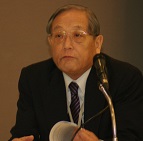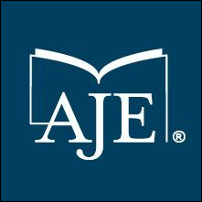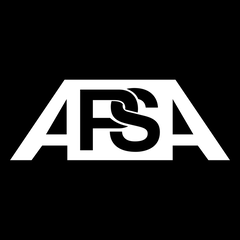Authorship Principles
The Asian Review of Public Administration (ARPA), published by the Eastern Regional Organization for Public Administration (EROPA) and Asian Association for Public Administration (AAPA)., is firmly committed to maintaining responsible, ethical, and transparent authorship practices, fully aligned with the Committee on Publication Ethics (COPE) guidelines. This policy outlines who qualifies as an author, clarifies the responsibilities of authors and contributors, and establishes the required disclosures and procedures to ensure accountability, fairness, and integrity in scholarly publishing.
What Defines Authorship?
An author is someone who meets all of the following:
-
Made a substantial contribution to the conception, design, execution, or interpretation of the research.
-
Drafted or critically revised the manuscript for significant intellectual content.
-
Approved the final submitted version.
-
Agreed to be accountable for all aspects of the work and address any issues related to accuracy or integrity.
Individuals who contributed only to funding, supervision, or general support but did not meet all four criteria should be listed in the Acknowledgments section, not as authors.
Role of the Corresponding Author
The corresponding author is the primary contact between the authors and the journal. Their key responsibilities include:
-
Coordinating the manuscript submission, revisions, and resubmissions.
-
Ensuring all co-authors have reviewed, approved, and agreed to the submission.
-
Managing communication with editors, reviewers, and (if accepted) the journal’s production team.
-
Handling all inquiries and ensuring that all journal policies and ethical standards are met.
Author Contributions
The Asian Review of Public Administration (ARPA) encourages transparency in how contributions are assigned. Authors must provide a contribution statement specifying:
-
Who conceived and designed the study.
-
Who collected or analyzed data.
-
Who drafted the manuscript.
-
Who provided critical revisions or intellectual input.
This ensures that each author’s role is clear and aligns with the authorship criteria.
Author Identification
To enhance transparency, accountability, and discoverability:
-
All authors are encouraged to register and provide their ORCID iD (Open Researcher and Contributor ID), a unique identifier that links their work across platforms.
-
Where applicable, authors should also provide institutional affiliations and valid contact details.
Disclosures and Declarations
All authors must submit clear, complete disclosures, including:
-
Competing Interests: Any financial or non-financial relationships that might influence the research.
-
Funding Sources: All sources of research funding, grants, or support.
-
Ethical Approvals: Documentation of approvals for research involving human or animal subjects.
-
Data Availability: Information on whether and where underlying data can be accessed.
Confidentiality
Manuscripts under review are confidential documents. Authors must:
-
Refrain from sharing or discussing the manuscript externally during the review process.
-
Respect the confidentiality of peer review and editorial communications.
-
Ensure sensitive data (especially involving human subjects) is appropriately anonymized and protected.
Authorship Issues or Disputes
The Asian Review of Public Administration (ARPA) expects authors to resolve authorship matters before submission. However, if disputes arise (during submission, review, or after publication):
-
The editorial team will follow COPE (Committee on Publication Ethics) guidelines.
-
All parties involved will be asked to provide written explanations.
-
The editors may suspend or reject the manuscript until the dispute is resolved.
-
In serious or unresolved cases, the editors may refer the matter to the authors’ affiliated institutions.
Changes in Authorship
Requests for additions, removals, or reordering of authors after submission must:
-
Be accompanied by written consent from all listed authors.
-
Provide a valid justification.
-
Be approved by the Editor-in-Chief, who has the final decision.
Ethical Oversight
The Asian Review of Public Administration (ARPA) upholds the highest ethical standards. Breaches related to authorship, disclosures, or integrity may result in:
-
Rejection or withdrawal of the manuscript.
-
Issuing corrections, retractions, or editorial statements.
-
Notification to the authors’ institutions or funders.
References:
COPE Council. COPE Discussion Document: Authorship. September 2019. https://doi.org/10.24318/cope.2019.3.
ICMJE, Defining the Role of Authors and Contributors, https://www.icmje.org/recommendations/browse/roles-and-responsibilities/defining-the-role-of-authors-and-contributors.html
Declaration of Helsinki, https://www.wma.net/policies-post/wma-declaration-of-helsinki/












